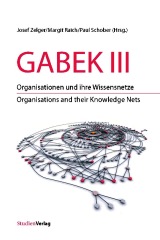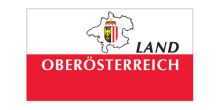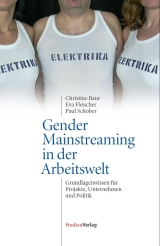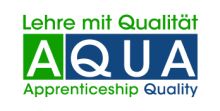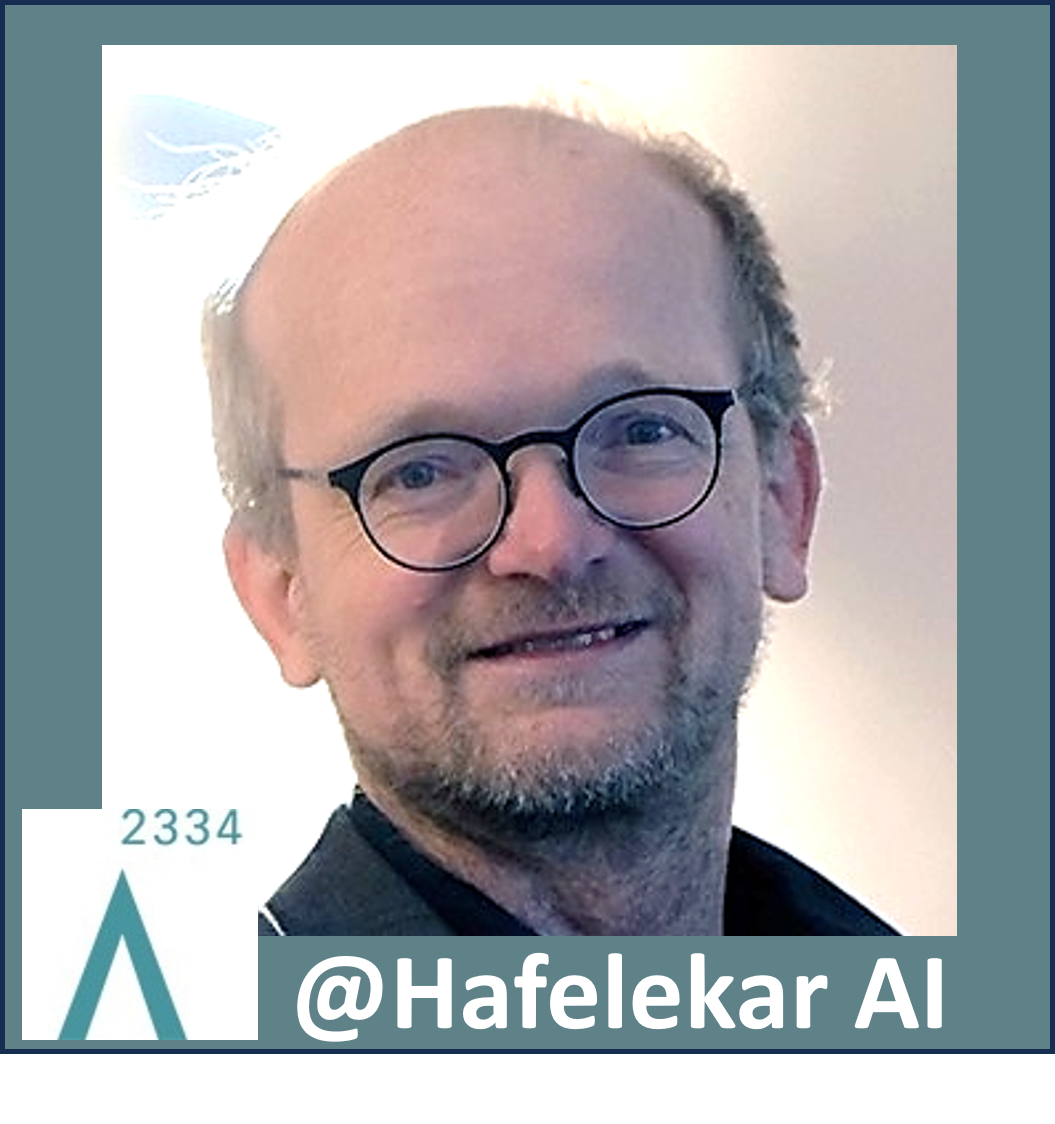
Study of the labour market situation for migrants in Salzburg – implementation concept
The target of the research study was to point out the situation of migrants on Salzburgs labour market and to provide policy recommendations.
The study consists of three parts which aim to:
- analyze social demographic features of the target group in Salzburg concerning the labour market (analysis)
- consider experiences and required basic conditions of several stakeholders (qualitative part),
- evaluate proved and in other countries successfully implemented methods regarding good practice samples (recommendations for action)
The analysis referred to current workings in Austria and, moreover, showed additional requirements of a solid data base for TEP Salzburg. The AMDB („Arbeitsmarktdatenbank von AMS und Hauptverband“ – labour market data base of AMS and main association) was primary used as data basis. So did the MZ-AKE (Microcensus – labour survey) and the SILC (statistics on income and living conditions). Those data guaranteed a very current and well-founded information base. Additionally, “invisible persons” (= currently not in training, nor in job, nor any care obligations, at an employable age) were taken into consideration. Already realized studies were evaluated and additional interviews were held within the scope of the qualitative part. This part aimed to utilize important stakeholders, their experiences and resources for sustainable labour market integration. Recommendations for action reflect key results from the first two parts and provide a “good practice” collection gathered by other Austrian provinces and within European context. The approach therefor was an already implemented collection of good ideas and moderated processes by ZSI and ILO (International Labour Organisation).
Client
Land Salzburg
Project duration
April 2009
Project Partners
Hafelekar Unternehmensberatung
ZSI – Zentrum für Soziale Innovation, Wien





